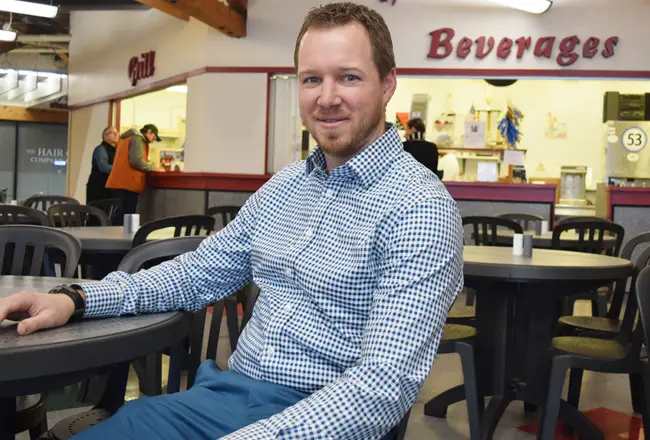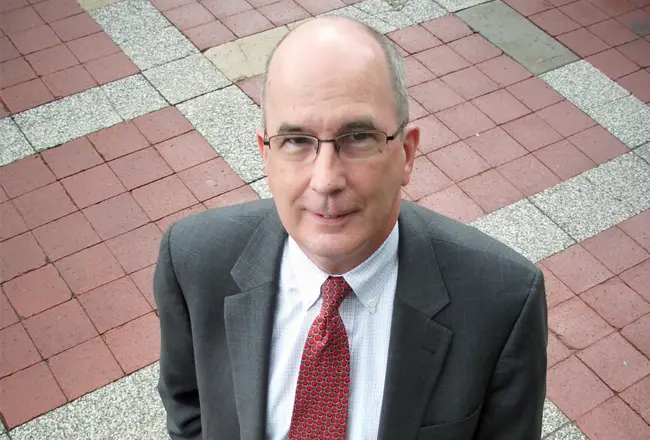The Connecticut Restaurant Association has warned Gov. Ned Lamont that its members are on the ropes ”“ and is urging him to take “immediate action” to remedy the situation.
Following Lamont”™s order last week for all restaurants and bars to cease operations ”“ except for home delivery, curbside takeout and drive-through services ”“ to help slow the spread of COVID-19, those establishments have been responsible for a significant amount of the unemployment claims being filed.
Nearly 100,000 unemployment claims have been made since March 13, according to the state Department of Labor.

“Currently many restaurants are continuing to operate because they are trying to keep people employed, and because they understand the restaurant industry”™s vital role as a source of food for so many people across our state,” CRA Executive Director Scott Dolch wrote to Lamont. “However, without immediate action from your administration, hundreds and then thousands of businesses across the state will fail ”“ and many will never reopen.”
Dolch said that many of the state”™s 8,500-plus restaurants ”“ whose over 160,000 employees represent about 10% of the state”™s workforce ”“ “are continuing to operate because they are trying to keep people employed, and because they under the restaurant industry”™s vital role as a source of food for so many people across our state.”
The restrictive conditions are “stop-gap measures (that) are neither profitable, nor sustainable,” Dolch wrote.
The CRA is recommending four actions to address the situation:
-
Immediate and significant capital injections, including grants, lines of credit, or zero-interest loans from the state
-
Forgive sales tax payments for at least three months
-
Fund a state”backed business interruption insurance program that provides immediate benefits
-
Address unemployment compensation issues
“Restaurants were the first businesses to be immediately and severely impacted by this crisis, and without your immediate assistance they will also be Connecticut”™s first industry”wide casualty,” Dolch warned. Without state action, he added, “what could be a short-term public health emergency may, instead, trigger a longer economic crisis for Connecticut.”



















